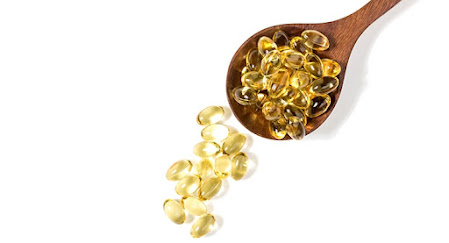Nanoencapsulation for Food Products Market: Unveiling the Future of Nutrient Delivery

Nanoencapsulation, a cutting-edge technology, has revolutionized the food industry by enabling the encapsulation of bioactive compounds, vitamins, flavors, and other ingredients at the nanoscale. This innovative approach involves enclosing active compounds within nanocarriers, such as liposomes, nanocapsules, and nanoemulsions, which protect these substances from degradation, improve their solubility, and enhance their bioavailability in the human body. The Nanoencapsulation for Food Products Market has witnessed significant growth in recent years due to its potential to address several challenges faced by the food industry, including ensuring food safety, prolonging shelf life, and increasing nutritional value. Market Growth Drivers Food Safety and Preservation: Nanoencapsulation technology plays a crucial role in ensuring food safety and preservation. It enables the controlled release of antimicrobial agents and antioxidants, protecting food products from spoilage, pathogens, a...
